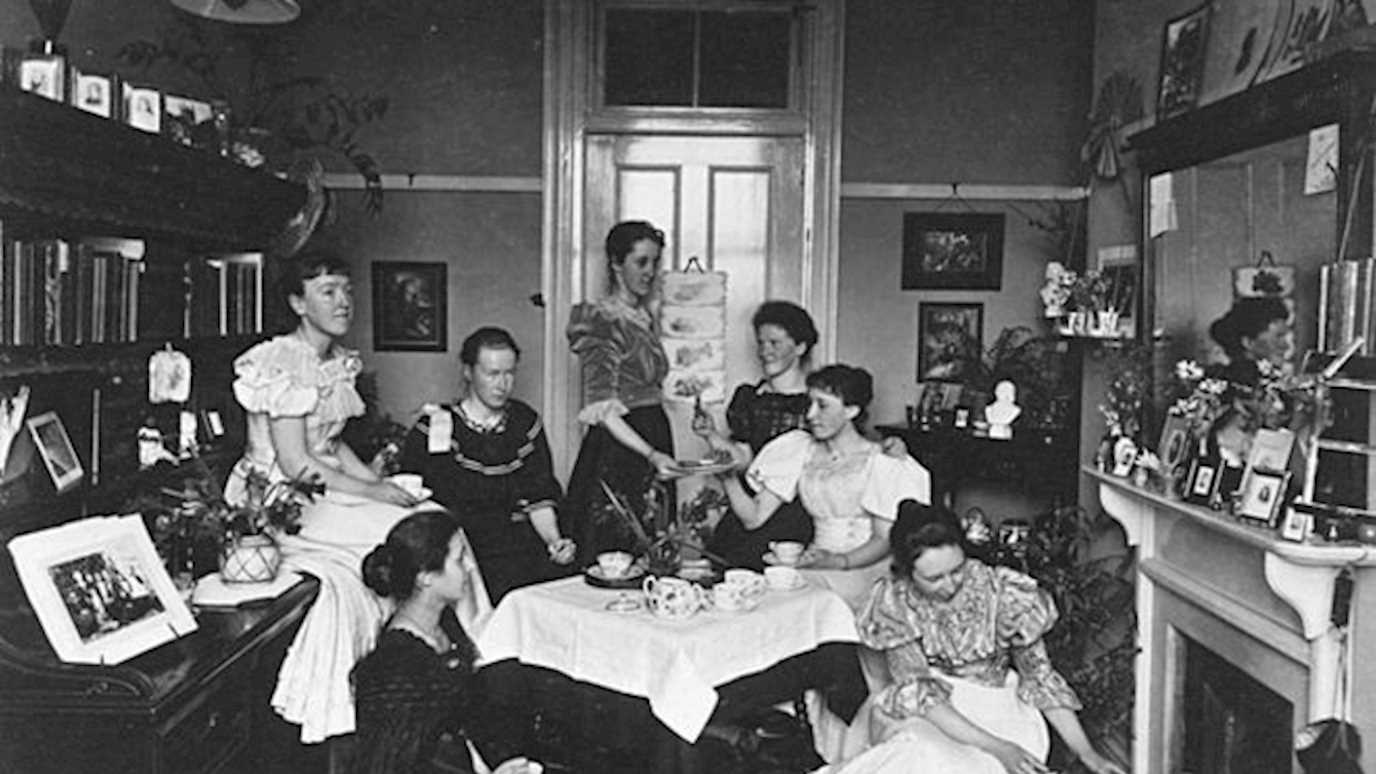Former Chief Executive of English Heritage and Bedford College alumnus, Dr Simon Thurley CBE, was recently appointed Provost for Gresham College, London’s oldest Higher Education Institution. He speaks to us about his remarkable career preserving the country’s heritage and his aspirations for his new role.
Image by Chris Ridley
Simon’s interest in history was sparked at a young age whilst living in the Roman town of Godmanchester in Cambridgeshire. “I watched archaeologists excavating in people’s gardens as far back as my memory goes,” he says. “When I was seven I was lucky enough to find a Roman basilica in my parents’ garden and this inspired me to be an archaeologist. Ever since then I have been involved with history and archaeology.”
It is no surprise that, when the time came, Simon pursued a History degree and applied to Bedford College specifically for the course it offered at the time. “I was very keen to study the History of Architecture, and Professor Mordaunt Crook, then in the History department, was one of the few people who offered the opportunity to study it anywhere. I remember he interviewed me for a place and after a discussion about vernacular architecture told me that the College would take me.
“Although I was keen to study Architectural History, I was introduced to all sorts of other periods and types of history which I have subsequently come to love. I was particularly taken by being taught Early Medieval and Anglo-Saxon history, a subject which I still enthusiastically enjoy. A History degree is wonderful training for the mind – the analytical skills I developed whilst studying at Bedford College have set me in excellent stead for my entire career.”
After graduating from Bedford College in 1985, Simon went on to study an MA in Architectural History and a PhD at the Courtauld Institute of Art where he developed a particular interest in royal building and artistic patronage.
It was this experience that led to Simon’s first job as Curator of Historic Royal Palaces where he was responsible for the presentation, archaeology, building conservation and maintenance and display of the six unoccupied royal palaces. In the eight years he held the post he oversaw a number of major restoration projects, including the completion of the fire damage at Hampton Court, the restoration of the King’s Privy Garden there and the building of the new Jewel House for the Crown Jewels at the Tower of London.
In 1997, Simon moved to the Museum of London, the world’s largest city museum, as Director which he describes as ‘the perfect job’. “The Museum of London was a unique institution as it also had an archaeological unit attached, so we were excavating large parts of Roman, Saxon and Medieval London and bringing the finds back to show to public in the museum,” he recalls. “The most exciting discovery was a completely intact burial of a young Roman woman which caused a huge media stir at the time.”
Five years later, Simon was encouraged to apply for the job as Chief Executive of English Heritage and he started the appointment at just 40-years-old, earning him the title of 'boy wonder'. “There is no formal training for a job like that. I was very much thrown in at the deep end, however, I had tremendous support from an outstanding chairman and some brilliant colleagues.”
Simon’s 13 years at English Heritage were devoted to finding ways of making heritage protection fairer and more effective; and making sure that heritage plays a positive role in improving the quality of people’s lives.
“The remarkable thing about English Heritage was that it was both the owner of 420 of England’s most important heritage sites and the body responsible for the protection of the nation’s listed heritage,” Simon explains. “It was a huge responsibility deciding which buildings should be listed and then helping owners and local government to decide on how best to protect and preserve them. One of my proudest achievements was helping to rescue a vast Jacobean mansion in Northamptonshire – Apethorpe Palace – which was genuinely in danger of complete collapse. Another achievement was finally building a tremendous new museum at Stonehenge which really enhances and improves people’s experience of visiting this amazing site.”
Simon has been widely recognised for his outstanding contributions to the heritage sector and preserving it for the future. In 2011, he was appointed Commander of the Order of the British Empire (CBE) for services to conservation. Simon also holds a number of Fellowships, including Honorary Fellow of Royal Holloway and Bedford New College.
Since leaving English Heritage, Simon undertook a Senior Research Fellowship at the Institute of Historical Research and wrote a book about the Tudor and Stuart court and its palaces, Houses of Power: The Places that Shaped the Tudor World. Earlier this year, he was appointed Provost for Gresham College, London’s oldest Higher Education Institution. “I have been Visiting Professor of the Built Environment since 2009 and have mainly spoken about architecture and society in Britain, and two of my lecture series have now been published as books. I hope as Provost that I will be able to continue to uphold the high standards of Gresham lectures and reach a wider audience.”
Simon is passionate in his belief that heritage isn't just about the past, but is about balancing our responsibility to the present, past and future. "It's about how you fashion the world for our children and grandchildren, enabling us to keep the very best of what happened in the past with what is happening now. It's about managing change so that we don't spoil things our predecessors have left us.
“The heritage sector is a wonderful and life enhancing area of endless fascination and possibilities, but like all jobs in the arts world, you don’t do it for monetary reward but for love of the subject.”


























